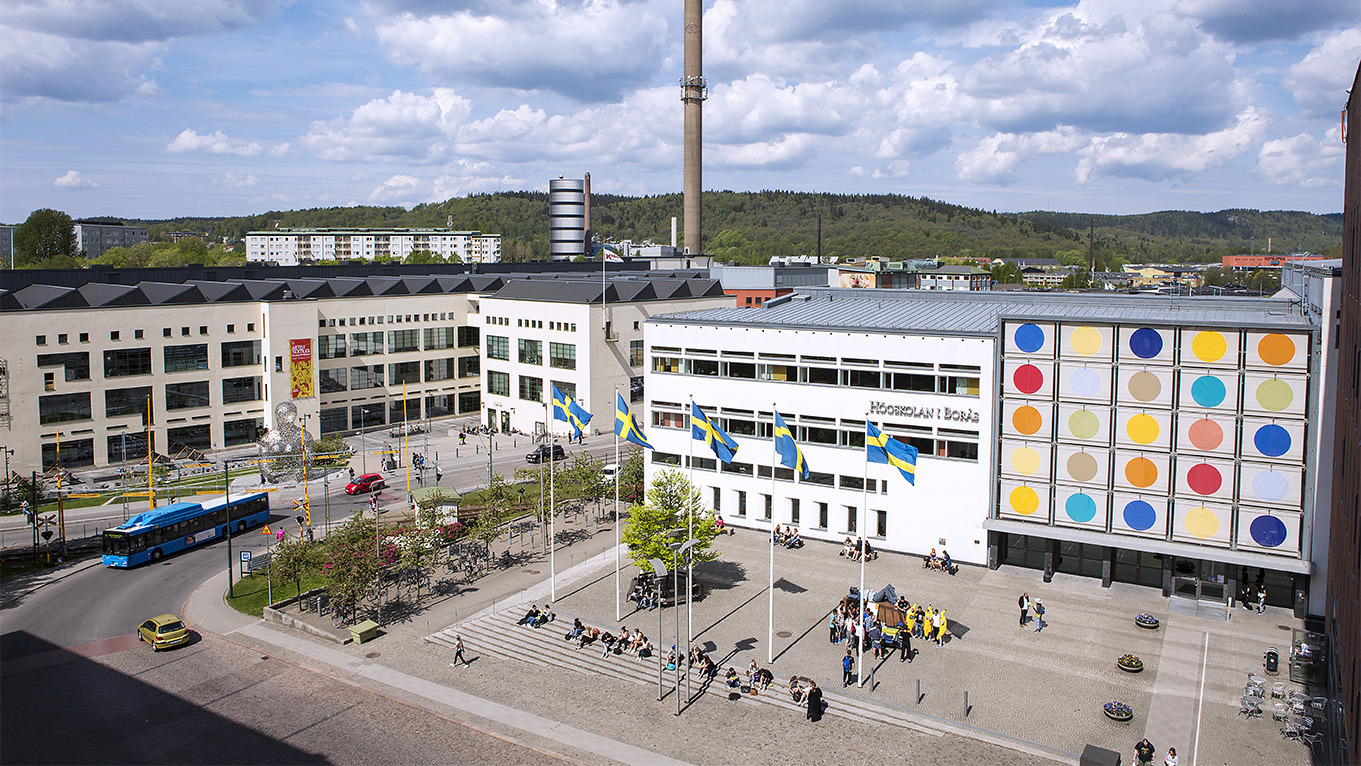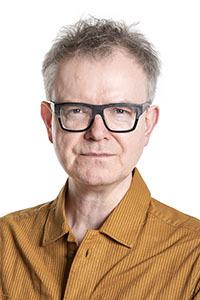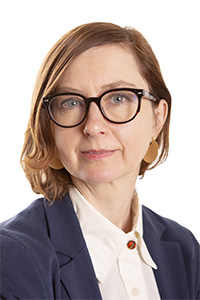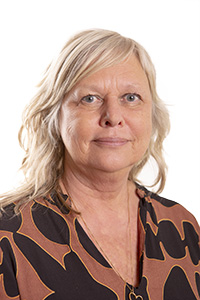Open lectures during Academic Week
2021-04-15

Topics include source criticism, pedagogical ideals, police research, and digital retail, to name a few. During Academic Week, 26–30 April, six new professors and an honorary doctorate will give open lectures. This is a unique opportunity for anyone who wants to learn more, gain new perspectives, and keep up with recent research. Here is the programme for the week:
Introduction to Academic Week
Vice-Chancellor Mats Tinnsten will speak. Music and interviews with some of the university's researchers.
Time: April 26 at 12:00
Experience the event: Broadcast via the University of Borås Facebook page
Resource efficiency and recovery – A key issue to stop global warming
Honorary doctor Andreas Gundberg will give a lecture on resource efficiency and recycling - a key issue to stop global warming. This lecture will be held in English. Read more about the lecture in English.
Andreas Gundberg will be introduced by Mohammad Taherzadeh, a Professor of Bioprocess Technology.
Time: April 27 at 11:00–12:00
The digitalisation of sustainable consumption
Smartphones, tablets, social media, online forums, and apps today play a central role in consumers' everyday lives. Everything from how we listen to music to how we shop has changed with digitalisation. One area where digitalisation has received special attention is sustainable consumption. There are high hopes that digital tools can help consumers become more sustainable in their everyday practices. But can digital tools like smartphone apps really help us consume sustainably? How would that work in such cases? In this lecture, I discuss the role that digital tools can play in promoting sustainable consumption.

Christian Fuentes, Professor of Business Administration. He has researched digital shopping, e-commerce, sustainable consumption, and alternative markets.
Time: April 27 at 14:00–15:00
Applied police research – what, how, and why
This lecture outlines the main points of a programme of applied police research. The approach is radical in that the dialogue between science and practical knowledge is emphasised in all parts of the research: in the choice of subject, in the studies, in the return to the field.

Micael Björk is a visiting professor at the Faculty of Police Work. He researches police work, especially the management, governance, and organisation of police activities. In parallel, he has also studied gang crime and organised crime. Micael Björk will be presented by Ann-Charlotte Dalheim Englund, Dean of the Faculty of Police Work.
Time: April 28 at 11:00–12:00
Frontline employees’ roles in an increasingly digitalised retail sector
We are only at the beginning of a revolutionary change in retail and consumption patterns, something that is particularly driven by the extensive digitalisation of society. New mobile and digital services are being developed at a rapid pace and are becoming an increasingly central part of consumers' buying process, store visits, and their interaction with companies and employees. This generates new opportunities in retail but also places new demands on frontline employees - those who interact with customers directly in various ways. In my lecture, I will problematise how retail frontline employees’ working conditions, their ability to provide good service, and their role in interactions with consumers can change through digitalisation.

Nicklas Salomonson is a Professor of Business Administration specialising in Digital Retail. His research concerns areas such as service encounter interaction, value creation, technology in services, customer orientation, customer misbehaviour, consumer vulnerability, and sustainable consumption. He is head of the Retail Research Group - an interdisciplinary research group that brings together researchers in business administration foremost, but also informatics, who have retail as the primary research focus.
Time: April 28 at 14:00–15:00
Is source critique possible in digital culture?
Society's information infrastructure is dominated by a small number of commercial platform services that affect virtually all of society's information, cultural life, and even people's relationships. Algorithms shape our everyday life in which emotions and facts compete for space. This lecture highlights contradictions regarding where the responsibility for evaluating information is placed in a time in which conspiracy theories and political propaganda circulate on the very same platforms as scientific facts, health information, and entertainment.

Jutta Haiders is a Professor of Library and Information Science. Her research interests concern the conditions of digital culture for the production, use, and distribution of knowledge and information. She is currently leading the project Algorithms and Literacies, funded by the Swedish Research Council, and also conducts research as part of Mistra's programme for environmental communication.
Jutta Haider will be presented by Jan Nolin, Professor of Library and Information Science at the University of Borås.
Time: April 29 at 11:00–12:00
Educational trends, timeless ideals - and Basil Bernstein
This lecture is about pedagogical trends and timeless ideals and what the educational sociologist Bernstein's conceptual apparatus has helped to discover in studies of them. I will offer a cavalcade of different trends and ideals of how various Bernstein's analytical tools have been fruitful in my studies and the results that my own studies have shown. I also give examples of how I have made my own additions to the theory over the years.

Anita Norlund is a Professor of Pedagogical Work. Her research focuses on pedagogical trends and timeless ideals, always with conclusions about consequences for teachers and students . For just over a year now, Anita Norlund has been the project manager for a research project funded by the Swedish Research Council. She also leads the research group JEDi - Justice, Education & Didactics.
Anita Norlund will be presented by Dennis Beach, Professor of Pedagogy.
Time: April 29 at 12:30–13:30

